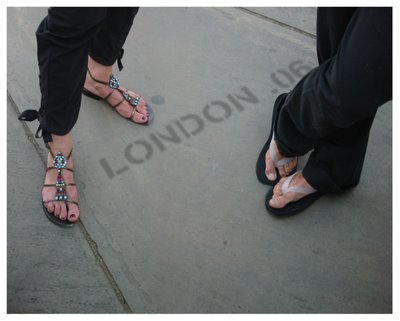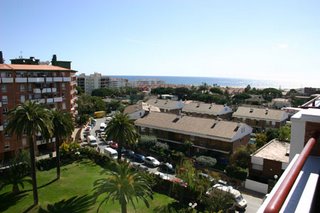
At Chester Zoo, a Komodo dragon named Flora awaits the birth of eight babies, and another four dragons have already hatched at London Zoo — each and every one the product of a virgin conception.The miraculous births, which are all males, could be a product of keeping this threatened species in captivity, say researchers, and could have implications for the continued health of zoo-bound populations.Parthenogenesis — reproduction without the need for fertilization by a male — is rare in vertebrates. Some animals, including several lizard species, are known to be capable of it. But Komodo dragons have never been seen to breed like this before.Yet in the space of 8 months, two of the three Komodo dragons in the UK have reproduced parthenogenetically.Zoo keepers knew something strange was happening because the female dragons had not been around any males within the period during which they must have become pregnant. To confirm the dragons' parentage, a team led by Phillip Watts at the University of Liverpool used genetic fingerprinting.The dragon sons are not direct clones of their mothers, but that the babies' DNA contains half as much variation as is present in the mother's genes, indicating that it represents a doubling up of one set of mother's chromosomes. The results show that no other Komodo dragon could have been involved in their conception.
A Komodo mother's eggs each contains half of her genetic information, and has attached to it a 'polar body' — a smaller version of the main egg, containing a copy of the same genetic information. Normally, the polar body would wither away and sperm would make up the full set of chromosomes required for the embryo; in parthenogenesis the polar body is reabsorbed into the egg.In dragons, the female carries two different sex chromosomes (ZW), while males are homozygous ZZ. As WW is not a viable combination, all surviving offspring created by doubling up half of the female's genes must be males.Reproducing this way means that there is no mixing of genetic information from different animals as occurs in sexual breeding. That carries with it the risk of decreased fitness, because the effects of detrimental genes cannot be masked by normal copies. "Inbreeding is not a positive thing in the long term," says Richard Gibson, the Zoological Society of London's curator of herpetology and a co-author on the paper.So why do they do it? "Imagine you're a Komodo dragon and you're living in an archipelago of tiny islands, and a female gets caught in a storm and swept out to sea, ending up on an island with no other dragons," says Gibson. "After two or three years of waiting with no-one to breed with, she spontaneously reproduces parthenogenetically."
The same reproductive trick has been seen in other species that find themselves in isolated situations — a parthenogenetic group of damselflies, for example, was found living in the Azores, reproducing quite happily without a single male in the population. But it had not occurred to anyone that the same thing might happen in Komodo dragons. Now they think it might be more common in nature than thought.Most zoos keep only female dragons, bringing in males occasionally for mating. Maybe this isn't enough to convince the females that a mate will be around one day, prompting her to opt for the male-free alternative.
























